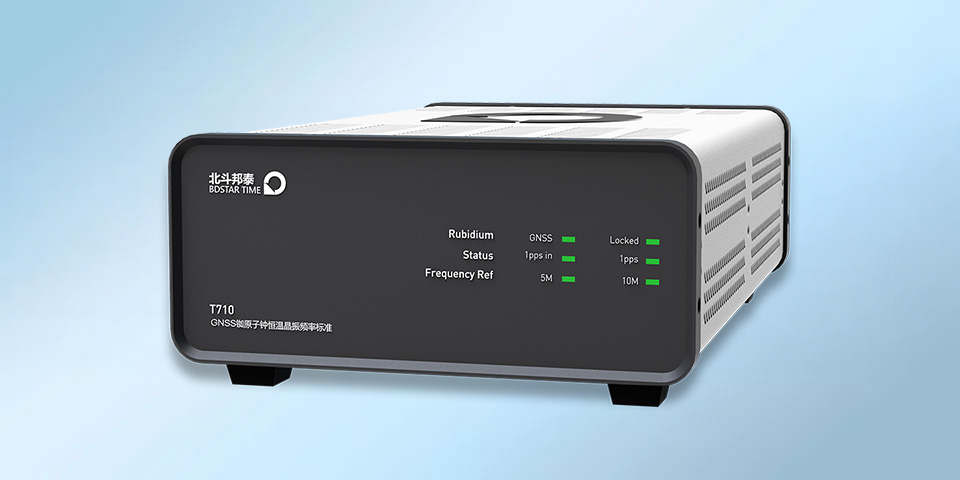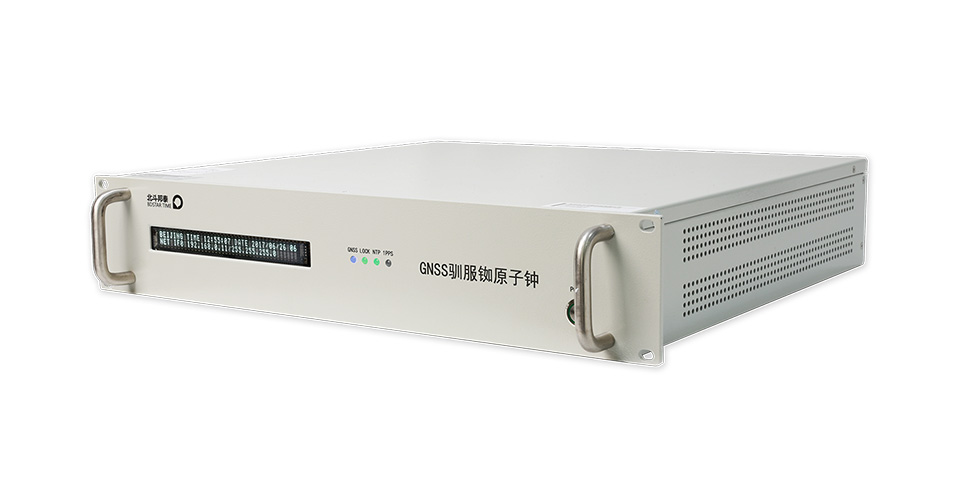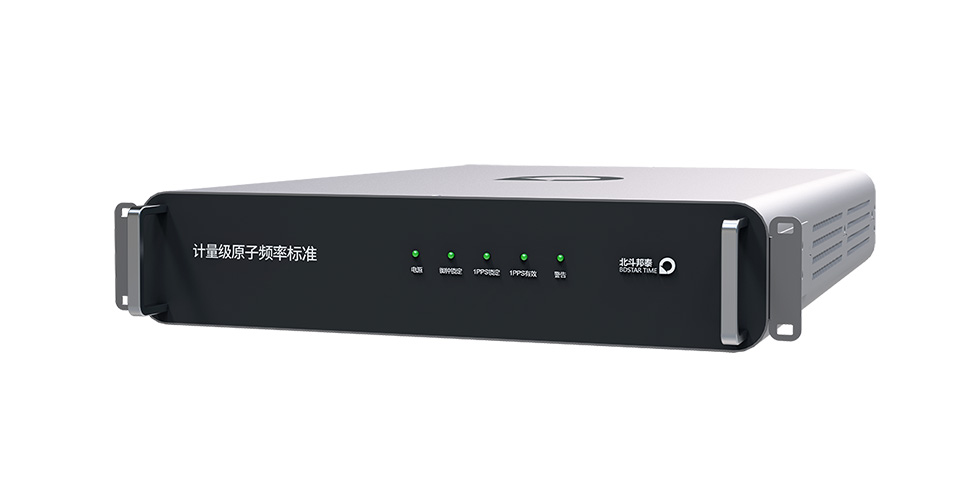GNSS Frequency Standards
Product Filter
Product Categories
Interface Configuration
Protocol/Standard Support
Domestic Situation
Package/Form
Performance Indicators
Power Supply Type
Temperature Range
Application Industry

T710 GNSS Rubidium Atomic Frequency Standard

T760 GNSS Rubidium Atomic Time and Frequency Standard
The T760 is a high-precision GNSS disciplined rubidium atomic frequency standard. It integrates GNSS, a rubidium clock, and a low-phase-noise crystal oscillator, achieving output frequency stability comparable to that of a cesium clock. It supports 1PPS and UTC synchronization and features automatic timekeeping, frequency smoothing, anti-interference, and encryption. It runs a built-in Linux system and is compatible with PTPv2.1, NTP, and SNTP protocols, achieving nanosecond-level network timing accuracy. Housed in a 2U chassis, it supports multiple signal outputs, including 10MHz, 1PPS, IRIG-B, and Time of Departure (TOD).

T770 Metrology-Grade Atomic Frequency Standard
The T770 is a metrology-grade rubidium atomic frequency standard, offering frequency stability, drift, and temperature coefficient up to 10 times better than ordinary rubidium clocks, and a one-day frequency stability comparable to that of a small cesium clock. It supports 1PPS and GNSS UTC synchronization, uses smooth frequency division to ensure a stable time base, and automatically maintains time in the event of a loss of lock. It features anti-interference algorithms and outputs multiple signals, including 10MHz, 5MHz, 1PPS, and Time of Departure (TOD). Options include 100MHz, 90MHz, and IRIG-B. Its 2U chassis makes it suitable for applications such as ePRTC master clocks, radar, communications, metrology, and aerospace measurement and control.